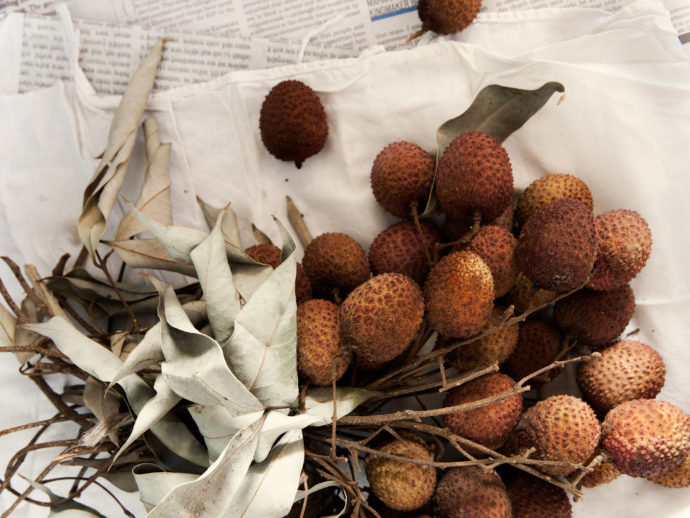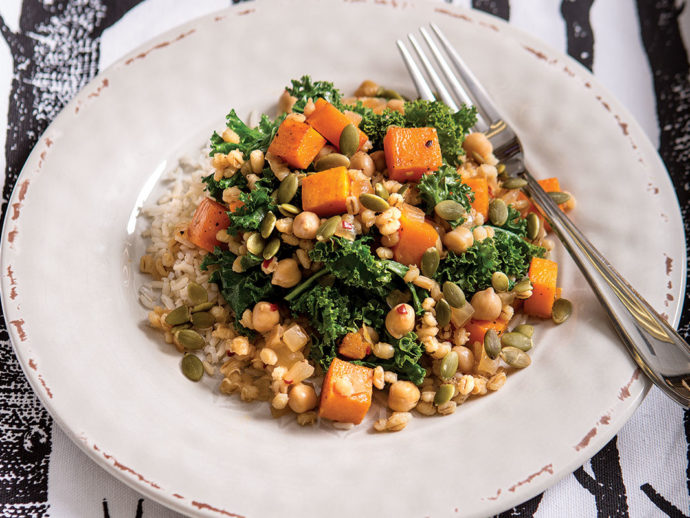
“All disease begins in the gut,” said Hippocrates, the so-called father of modern medicine. It turns out he wasn’t all that hyperbolic. Emerging scientific research shows just how intertwined our gut health is with our brain health—all thanks to trillions of little bacteria.
“Hippocrates’ quote may appear to be a bit of an overstatement,” says neurologist Dr. David Perlmutter. “But we now recognize that the genesis of these maladies—Alzheimer’s disease, Parkinson’s disease and even non-neurological problems like type 2 diabetes—is strongly influenced by the gut.”
Perlmutter says that once you see the benefits, you’ll do “everything you can to cater to the health and diversity of the bacteria that reside within your intestines.”
Your second brain
“Your intestinal tract has 100 million nerves that ‘talk’ back and forth with your brain,” reports Dr. Rusha Modi, an academic gastroenterologist. He says it acts like a second brain, influencing your thoughts and actions.
Take serotonin, for example. It’s one of the primary neurotransmitters that influences our mood and memory, and it may even play a role in the development of Parkinson’s disease and obesity. “Most of it actually comes from and is stored in our intestinal tracts,” says Modi.
Just how much of your serotonin, exactly? A whopping 90 percent. And here’s the fascinating part: researchers now think that beneficial gut bacteria help produce serotonin and other neurotransmitters, visibly changing our behavior and mental health.
This relationship can go awry when our gut has an imbalance of bacteria and lets harmful bacteria flourish. Gut bacteria has been linked to many health conditions, including autism, Alzheimer’s disease, Parkinson’s disease, anxiety and depression.
Is your gut healthy?
“An obvious measure of gut health is digestion,” says naturopathic doctor Tara Nayak. “If you’re not moving your bowels daily, there’s a problem!” She says gas, bloating, belching, heartburn or any other digestive complaints are often the first sign of a gut that’s out of balance.
Take a probiotic
“The best choices … have at least 12 to 15 different types of bacteria and at least 30 billion organisms,” says neurologist Dr. David Perlmutter. As always, check with your health care practitioner first.
Feed your bacteria
“Ensure the beneficial bacteria get what they need to do their job,” says Perlmutter. “Prebiotic fiber is important for brain health, mood and cognitive function.” He recommends foods like dandelion greens, onions, garlic and chicory root.
Try something new
“The standard Western diet has been associated with a loss of richness of bacteria,” says gastroenterologist Dr. Rusha Modi. “Ecological diversity tends to mirror nutrient diversity. Maximize the variety of foods you eat. One tip I use myself is to look for one new fruit or vegetable to put into my cart when I go grocery shopping.”
Limit unnecessary antibiotics
“We overuse them,” warns Modi. “They deplete your healthy gut bacteria.”






